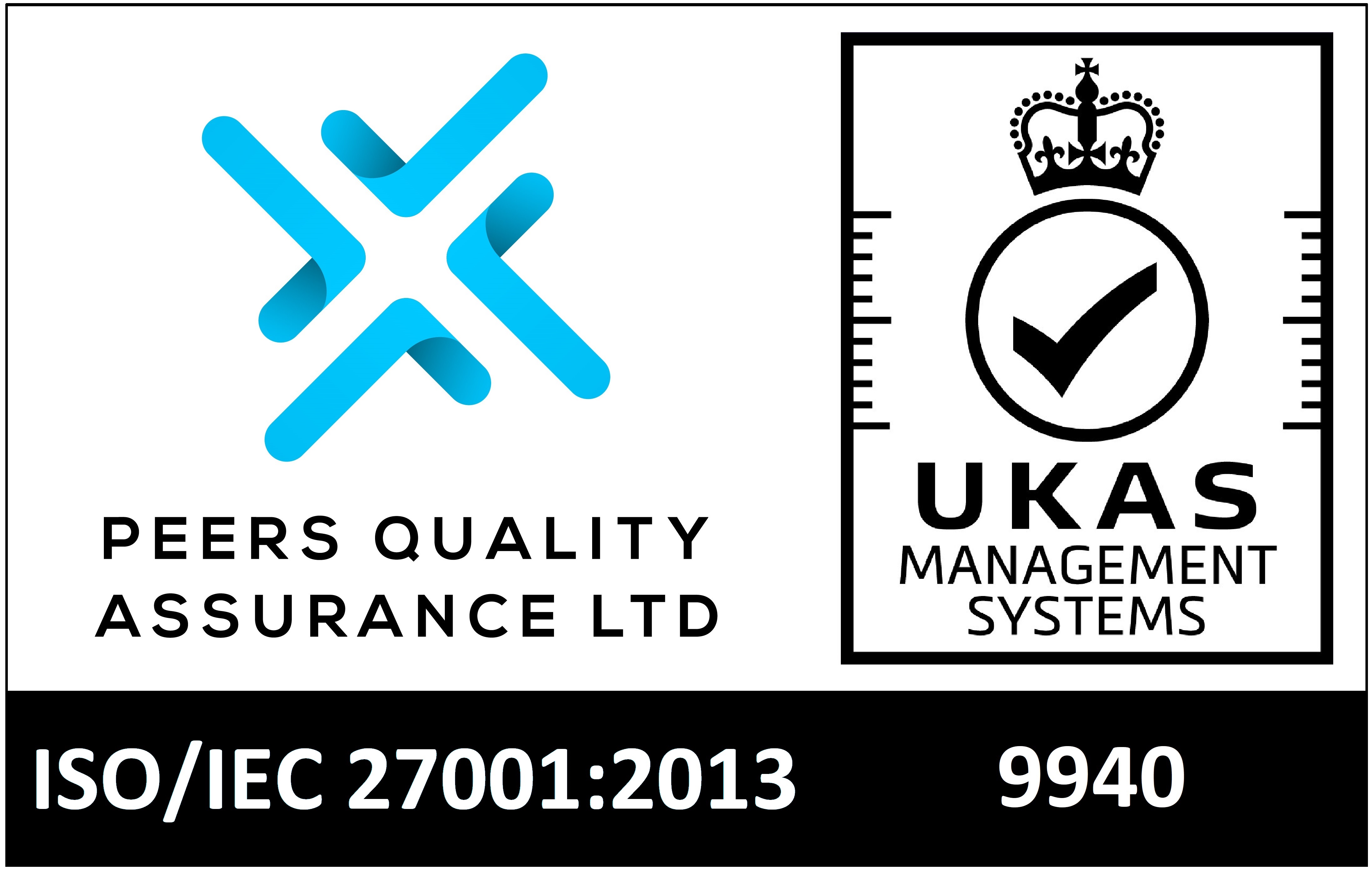Bowel cancer is the fourth most common cancer and the second biggest cancer killer in the UK.
But although the disease can be deadly, it is highly treatable when detected in the earliest stages, with 90%, 80% and 70% of people diagnosed surviving the disease for five years or more when diagnosed at stage 1, 2 or 3, respectively.
This rate of survival for five years or more drops dramatically to just 10% when a diagnosis is made at stage 4, which is why it’s so important to get tested as soon as you notice any symptoms of the disease, or if you are at a higher risk and over the age of 45.
There are a number of ways to test for bowel cancer. In this article, we’re taking a look at whether bowel cancer shows up in blood tests, and what other tests are used to diagnose the disease.
What tests are there for bowel cancer?
If you’re worried about your risk of bowel cancer or start to experience any signs or symptoms of bowel cancer, it’s important to seek out diagnostic testing straight away. Depending on your symptoms or test results, you may need to have several different types of tests.
Tests often required in the diagnosis of bowel cancer include:
- Faecal immunochemical tests (FIT) – faecal immunochemical tests (FIT) look for traces of blood in your poo that could indicate the presence of bowel cancer.
- Colonoscopy – a long, flexible tube with a camera on the end is inserted into your bottom to look for abnormalities in your rectum or bowel that could be caused by cancer. A biopsy (tissue sample) may also be taken.
- Flexible sigmoidoscopy – this is similar to a colonoscopy but is used to look only at the lower part of the bowel. A biopsy may also be taken if needed.
- CT colonography (virtual colonoscopy) – gas is pumped into your bowel using a thin, flexible tube before CT scans are taken from different angles.
- Imaging scans – MRI, CT and ultrasound scans are usually done to assess whether bowel cancer has spread to other parts of the body.
- Blood tests – blood tests may be done if you’re losing blood in your stools to test for anaemia and other conditions related to bowel cancer.
You can read more about some of these tests for bowel cancer in our ‘How is bowel cancer diagnosed?’ blog post.
Does bowel cancer show up in blood tests?
Blood tests aren’t used on their own to diagnose bowel cancer. However, the results of a standard blood test can give you clues about your general health, including how well your liver and kidneys are working or your blood cell levels.
If the results show anything unusual, such as anaemia, more tests will be needed to find out the cause. Anaemia is when you have low red blood cells, which can happen as a result of bleeding caused by bowel cancer.
If you are found to be anaemic, your doctor will need to perform more tests, which could lead them to discover that you have bowel cancer.
Types of blood tests for cancer
While blood tests alone cannot be used to diagnose cancer, they can be used to monitor your disease after you’ve received a diagnosis. Blood tests may be used to keep an eye on your:
- Full blood count (FBC) – the different types of cells in your blood need to be monitored to stay on top of issues that may be caused by bowel cancer. If bowel cancer is causing a bleed, you may have a low blood cell count, indicating anaemia. A drop in your white blood cell count can indicate that you are more susceptible to picking up an infection. If you have a low platelet count, you may be at risk of abnormal bleeding, such as bleeding gums and nosebleeds.
- Liver enzymes – bowel cancer can spread to the liver. Your liver enzymes give an indication as to how well your liver is functioning.
- Urea and electrolytes – bowel cancer can also affect your kidneys. By measuring your urea and electrolytes, blood tests can give an impression of your overall kidney function.
- Tumour markers – bowel cancer cells can sometimes produce substances called tumour markers. If you have already been diagnosed with bowel cancer, tumour marker tests can indicate if your treatment is effective and can also provide an early warning that bowel cancer has returned.
Although a blood test may lead to a bowel cancer diagnosis on some occasions, it is rare. Other testing methods such as FITs and colonoscopy are much more reliable in detecting bowel cancer in the earliest stages, when it is most treatable.
Testing for bowel cancer at home: faecal immunochemical test (FIT)
A faecal immunochemical test (FIT) is a noninvasive test that looks for traces of blood in your stool. It’s a straightforward test that can be done at home, with a sample sent to a lab for analysis.
FIT tests have been proven to be around 80% accurate in the detection of bowel cancer, so are usually the first test recommended by doctors when any symptoms of bowel cancer are present.
The test is offered for free on the NHS but you must meet the following criteria in order to be given the test:
- You have experienced weight loss, abdominal pain or changes in your bowel habit and are over 40 years old.
- You have been diagnosed with iron deficiency anaemia and are under 60 years old or you have non-iron deficiency anaemia and are over 60 years old.
- You have experienced a change in bowel habits or other symptoms of bowel cancer but are under 18 years old.
It’s recommended that anyone experiencing bowel cancer symptoms takes an at-home FIT test to check for the early signs of bowel cancer. However, tests will not be provided by the NHS if you do not meet the above criteria.
If you’re experiencing bowel cancer symptoms and would like to get tested, you can order Check4Cancer’s BowelCheck at-home test today for just £89.
How to do a FIT test for bowel cancer
Taking a FIT test is very simple. Using a test kit you simply collect a sample of your stool and send it to a laboratory for testing and analysis to look for traces of blood.
The Check4Cancer BowelCheck kit contains everything you need to collect and return your sample including a sample collection tube, protective sample case, sample label, return label, sample box and return envelope.
Following the instructions provided in the kit, you’ll collect a small sample of your stool in the green tube at any time of day or night. Once you’ve collected your sample, post it into your nearest post box using the labelling and packaging provided.
Getting your results
We’ll send you your results letter and personalised screening programme within five days of sending your sample to our labs.
If your results come back as normal, there’s nothing to do. If your results come back as abnormal we’ll call you before sending you your results letter to advise you on the best next steps. If your results are abnormal, we may be able to refer you to a private consultant or to your NHS GP.
When should I get a test for bowel cancer?
You can have an at-home FIT test if you’re over the age of 45. If you are under 45 years old and have symptoms of bowel cancer, you must see your GP as soon as possible.
As well as helping to diagnose bowel cancer in those who have symptoms, FIT tests can also provide peace of mind if you’re worried about bowel cancer or if you have a family history of bowel cancer.
If you have any signs of bowel cancer, it’s important to take a FIT test or talk to your doctor straight away.
Early signs and symptoms of bowel cancer to look out for include:
- Blood in your stools or bleeding from your bottom
- A change in your bowel habits (diarrhoea or constipation, increased frequency of stools)
- Unexplained weight loss
- Abdominal pain
- Extreme, unexplained tiredness
Order your BowelCheck test kit
Our reliable BowelCheck test can be done in the comfort of your own home for just £89. Order your BowelCheck test today to check for early signs of bowel cancer.




